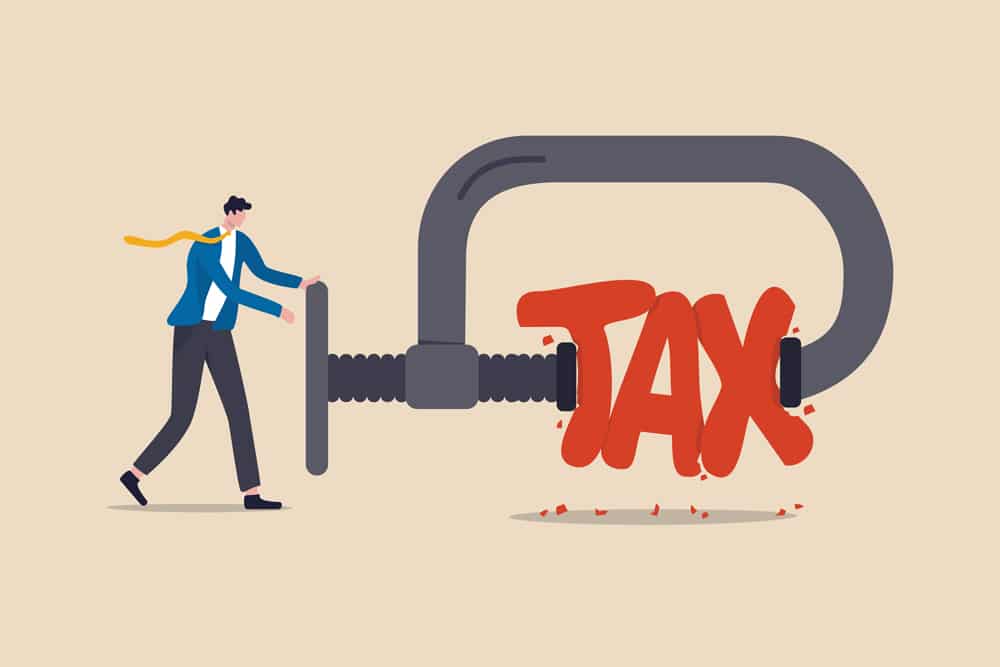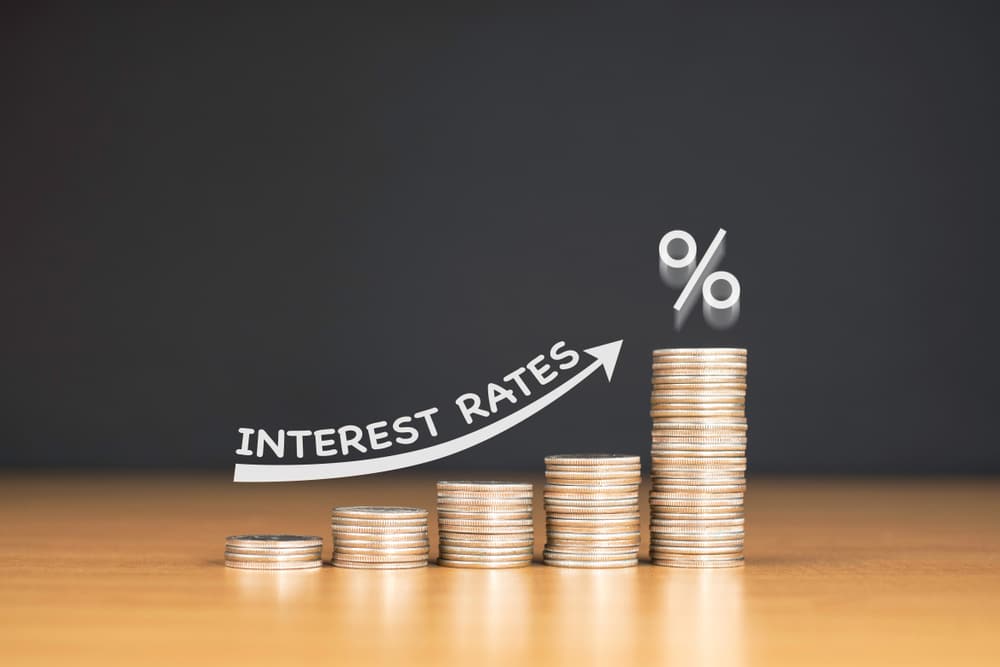
3 Ways a Property Investor Will LOSE Money!
There are many ways you can win big by investing in real estate. Equally, if you lose sight of the basics, you’ll end up losing something much worse – money!
No one sets out on their property journey to go backwards financially, so take note of these three common mistakes that investors often make, because if you don’t, it may cost you in the long run.
THEY DON’T UTILISE CAPITAL GROWTH
Our nation’s capitals are going gangbusters when it comes to property prices.
In July 2021 all capital cities reported an increase in house prices, with six – Sydney, Melbourne, Brisbane, Adelaide, Canberra and Hobart – racking up record highs for the third quarter in a row.
Not only is this great news for property investors, but for those ready to get into the market it offers a sense of security that house prices are continuing to go in the right direction as a current trend.
No one is going to argue that rising house prices are great for property investors, especially when it comes to the properties we own.
But, there’s a trap with capital growth that even smart investors can fall into.
First of all, capital growth, at least when you’re in the acquisition and consolidation phase of your investment journey, is a vanity project unless you take action and access that money.
Buying a property for $500,000 and seeing its value rise by $50,000 or even $100,000, feels great. You can sleep well at night knowing you made a smart investment.
But, unless you refinance your loans and grab that equity out of the property, what use is it to you?
Here, by not using your dormant equity, you’re putting yourself in a position that limits your earning potential which will ultimately lose you money in the long-run.
THEY SELL TOO SOON
The quickest way a property investor can lose money is to sell an investment before it’s had the time to work for you.
Working for you isn’t only increasing in value. More importantly, property works for you by creating a second income stream in the shape of tax breaks and rent.
If we take our eye off the long-term plan, capital growth can beguile investors into thinking their property has reached its peak and it’s time to sell.
THEY LISTEN TO THE WRONG PEOPLE
While very few people would chime in on the topic of how best to perform root canal surgery, or try to predict the weather forecast, almost everyone you know will have an opinion about property.
“You should buy, you should sell, you should do what my Uncle Fred did…”
Despite having no experience or expertise, most people think their opinion will be invaluable to you on your investment journey.
(Spoiler alert: It won’t!)
While smart investors might find it easy to ignore their nosey neighbour’s “good” advice, there are some people it’s harder to dismiss. Beware of well-meaning professionals who aren’t experts in property investing.
These people are often the ones you least expect, such as accountants and real estate agents.
For example, with accountants you pay them good money to help you make money. They know all about numbers and were probably really good at math in school. Surely, they know what they’re talking about when they’re telling you to sell your property that just got a bump in capital growth?
No, they don’t! Ask your accountant how many investment properties they own and how much passive income they’re generating via their long-term investment strategy before taking any advice that will likely be a small, short-term win, over a big, long-term gain.
Then there’s real estate agents. Ok, they’re just doing their job, but don’t lose sight of what that job is. Real estate agents are not paid to care about how much money you make over the life of your investment journey. In fact, they aren’t paid very much at all, unless they sell properties. They want their commission TODAY and so the quicker you sell, the richer they’ll be. Taking investment advice from a real estate agent is an oxymoron – it just doesn’t add up.
POSITION YOURSELF AS A WINNER, NOT A LOSER
Through listening to the wrong people and selling too fast, property investors deny their properties the chance to fulfill their potential, and they lose substantial amounts, not only in rental income and tax breaks, but in capital growth.
If your investment strategy is laid out over 10, 15 or 20 years, that’s what you need to stick to. Getting distracted by capital growth or bad advice will only lead to regret and financial loss in years to come.
Talk to property investing experts, like the coaches and mentors at Positive Real Estate who have years of experience and knowledge when it comes to the benefits of investing long-term.
Learn more about how you can take advantage of the current property market at one of our free property investor seminars. You’ll be led by a team of professionals who have demonstrated experience working across all types of markets so you can optimise your ability to grow a budding portfolio, create passive income and get set for the future – whatever that may look like for you.
Spaces are limited.
Recent Articles
How To Claim Back 78 Per Cent Of Your Tax!
There are ways to reduce how much tax you actually pay in order to keep more cash in your pocket – the golden word – property investment. You see, owning real estate in Australia can be very tax effective. This is how you can minimise the amount of tax you are liable to pay.
How To Prepare for a Rise in Interest Rates
Smart property investors know that it’s dangerous to get too comfortable. Real estate is an ever-changing thing. Markets go up, down and plateau – and so do interest rates. The question is, how prepared are you for a Rise in Interest Rates? The key is being ready to use these strategies.
An Investor’s Guide to Multi-Income Properties
When it comes to building a booming property portfolio, diversity is key! There are four primary multi-income types that Australian investors can buy at the moment.
Property Cash Flow Basics For Creating Passive Income
Buying real estate is similar to running a business – good performance is derived from your ability to generate cash flow. For a property investor, this means eventually living off the passive income that your real estate generates. Therefore, it is especially important that you map out your ability to build a portfolio that will deliberately achieve this level of success from the get-go.
How Property Investors Can Reduce Tax Down To Zero!
Those who own real estate are subject to many, different kinds of tax. Some tax is unavoidable. Other kinds of tax are legally, 100% avoidable – or at least able to be reduced substantially. With the Victorian government recently announcing a rise in the land tax threshold it’s even more important that property investors know where they can and should minimise the tax they pay.
A Property Investor’s Guide To Depreciation
Every smart property investor knows that to create and maintain a portfolio, we need to have good cash flow. One of the ways we can support this is by using depreciation and tax. But, just like equity, depreciation only works for us if we know how to access and then leverage it.
A Property Investors Guide To Guaranteed Rental Increases
Rent is your weekly or monthly incomes from your property. And it’s an income you don’t work for. It’s the absolute key to good cash flow and passive income, so it’s essential you are able to keep raising your rents at regular intervals. But, what makes it possible for property investors to do this?
The Only Time You Should Sell An Investment Property
The golden rule of property investing is to buy well and NEVER SELL. However, there are always exceptions to the rule… Firstly, let’s look at why you would keep an investment property? If you buy a great piece of real estate, in the right location, it will always create a passive income for you, so there will be no reason to sell it.
House vs Apartment – Which Is Better for Capital Growth?
Many property investors favour one type of property – either apartments or houses. While there are pros and cons to both, which we will discuss here, one of the often forgotten advantages of houses is the investment you’re making not only in the bricks, but also in the land. Land value in itself increases over time, and investment in a piece of land also provides opportunity to renovate, subdivide and develop, all of which lead to greater capital growth.












